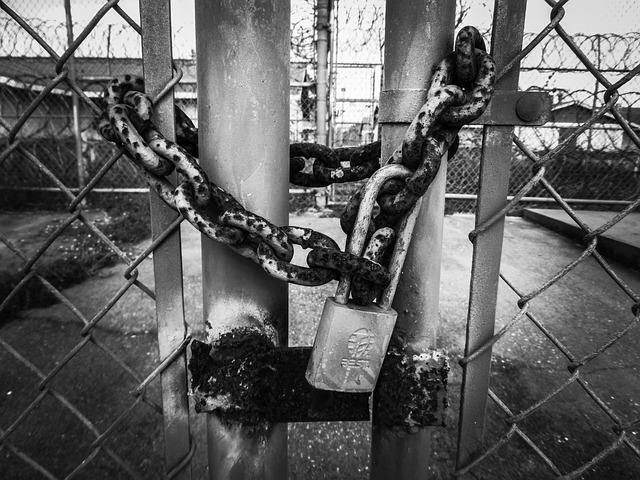Youth Justice demands a sophisticated approach considering Global Immigration and DUI Perspectives to achieve fairness and equality. Despite global equity efforts, disparities exist, notably affecting marginalized youth facing harsher DUI penalties and unaccompanied minors subject to stringent immigration policies. Understanding these Global Immigration and DUI Perspectives is vital for uncovering and addressing systemic biases, ensuring every young person receives fair treatment regardless of background or status. While challenges remain, like language barriers and lack of legal representation, progress has been made with countries adopting youth-centric approaches, specialized units, and restorative justice practices. Increasingly, Global Immigration and DUI Perspectives focus on diversion programs and tailored responses to promote fairness and rehabilitation for young offenders.
Youth Justice Fair Treatment explores the critical issue of equitable treatment for young people within immigration and DUI (Driving Under the Influence) systems globally. This article delves into understanding the nuances of youth justice from diverse international perspectives, highlighting both challenges and progress made in ensuring fair outcomes for adolescents. By examining case studies worldwide, we uncover successful strategies and persistent obstacles, offering valuable insights into enhancing youth-centric legal approaches and fostering more just societies. “Global Immigration and DUI Perspectives” inform a comprehensive discussion on improving the treatment of young individuals across borders.
- Understanding Youth Justice and Fair Treatment: A Global Perspective on Immigration and DUI
- Challenges and Progress: Examining the Treatment of Young People in the Immigration and DUI Systems from Different Countries
Understanding Youth Justice and Fair Treatment: A Global Perspective on Immigration and DUI

Youth Justice, particularly within the lens of Global Immigration and DUI perspectives, demands a nuanced understanding of fairness and equality. On a global scale, the treatment of young people involved in immigration issues or driving under the influence (DUI) varies widely, reflecting differing legal systems, cultural norms, and societal attitudes. This diversity necessitates a careful consideration of context when discussing fair treatment.
While many countries are working towards more equitable approaches, historical and ongoing disparities persist. For instance, youth from marginalized communities often face harsher punishments for DUI offenses, while immigration policies can be particularly stringent on unaccompanied minors. Understanding these global Immigration and DUI perspectives is crucial in identifying and challenging systemic biases, ensuring that young people receive fair treatment regardless of their background or status.
Challenges and Progress: Examining the Treatment of Young People in the Immigration and DUI Systems from Different Countries

Despite global strides in promoting youth justice and fair treatment, challenges persist in how young people are handled within immigration and DUI (Driving Under the Influence) systems across countries. These systems often present unique complexities when it comes to addressing the needs of adolescents, who may face barriers such as language differences, lack of legal representation, and cultural misunderstandings. For instance, in many jurisdictions, young immigrants might not be fully aware of their rights or face challenges in accessing justice due to their status, leading to disparities in treatment compared to adult offenders.
However, there has been notable progress in recent years with countries adopting more youth-centric approaches. Some nations have implemented specialized units within immigration and law enforcement to handle cases involving minors, ensuring a more sensitive and tailored response. Additionally, global Immigration and DUI perspectives are increasingly emphasizing restorative justice practices and diversion programs as effective alternatives to traditional prosecution for young people. These strategies not only promote fairness but also foster rehabilitation and reintegration into society.
In light of the global immigration and DUI perspectives explored, it’s clear that significant progress is being made towards ensuring fair treatment for young people within these systems. While challenges persist, a growing awareness and commitment to youth justice globally underscore a promising future. By learning from one another and adopting best practices, countries can continue to navigate these complex issues, fostering more equitable outcomes for all young individuals involved.






